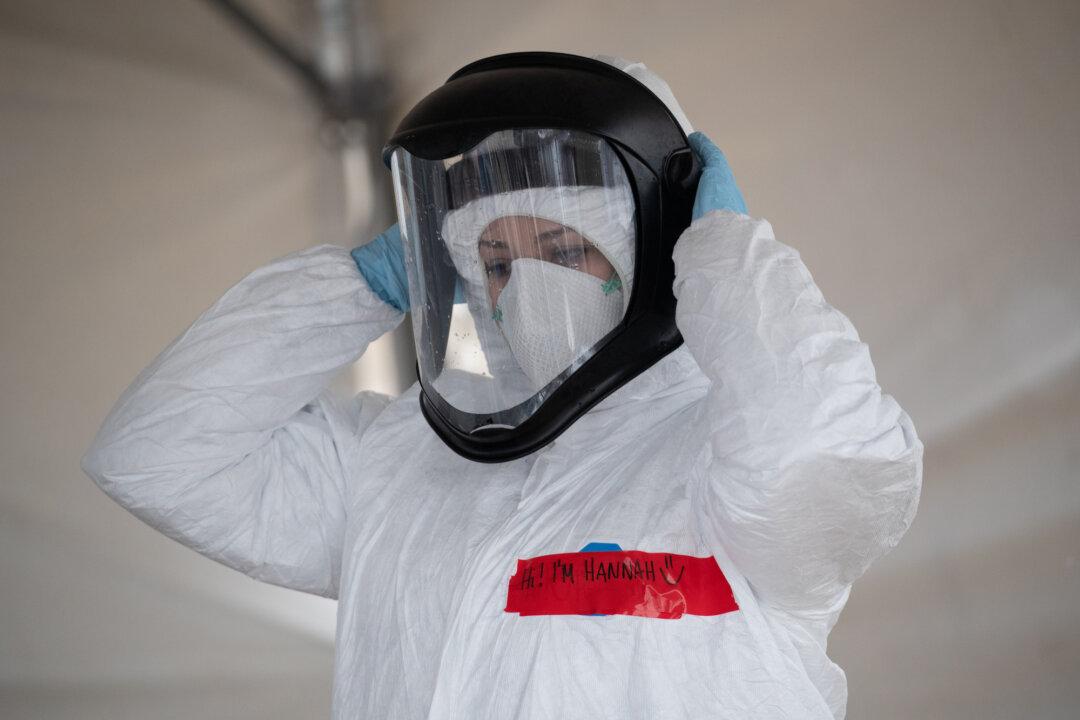Thousands of retired Georgia nurses have asked to come back to work to help with the state’s frontline medical response amid the spreading COVID-19 outbreak, according to a report.
Richard Lamphier, president of the Georgia Nurses Association, told CNN that between 3,000 and 3,500 retired nurses in the state have asked to return to work amid a critical shortage of nursing staff.





